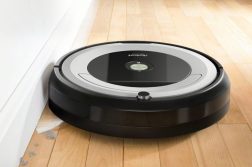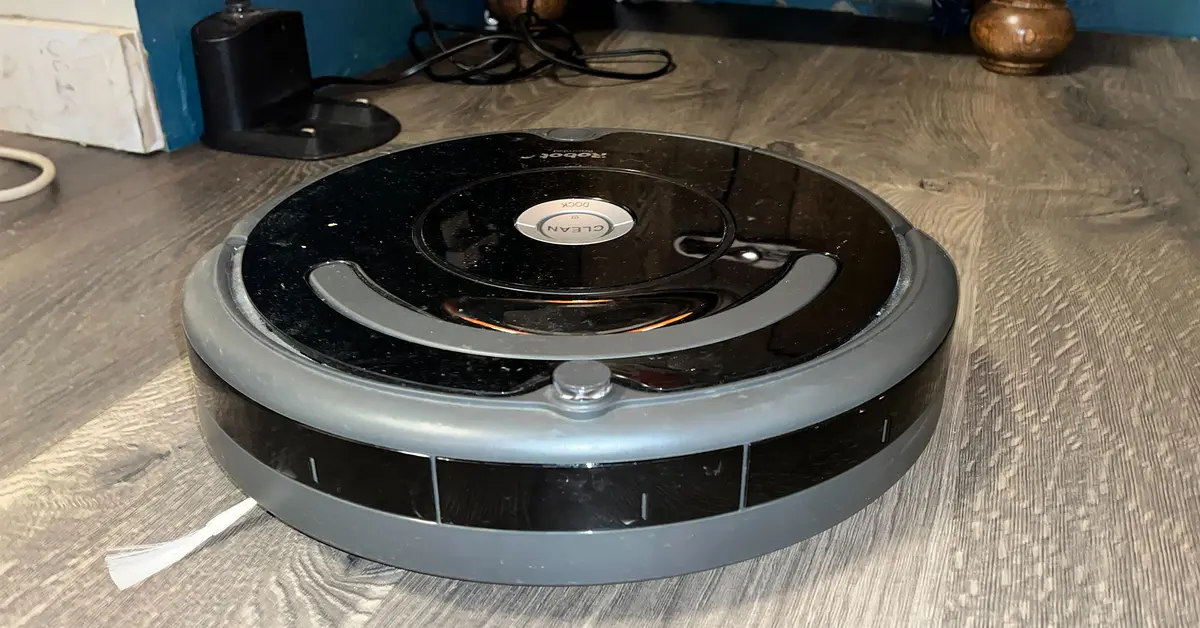European Union regulators have taken the step of sending Amazon a formal statement of objections expressing concerns about its planned acquisition of iRobot, a robot vacuum maker. While this does not necessarily indicate that the EU will block the deal, it does indicate that antitrust regulators have reservations. To address these concerns, Amazon may need to offer remedies to EU authorities in order to settle the investigation and avoid the risk of the acquisition being blocked.
Key Takeaway
The European Union has raised formal concerns about Amazon’s proposed acquisition of iRobot, citing worries about potential anticompetitive behavior. The EU’s objections focus on the possibility of Amazon foreclosing iRobot’s rivals by using various tactics to limit their ability to sell robot vacuum cleaners on Amazon’s marketplace. The outcome of the investigation could have significant implications for competition in the RVC market and consumer choice.
EU’s Competition Concerns
The European Union has been closely scrutinizing the Amazon-iRobot deal since July. The EU announced its in-depth probe into the acquisition, stating that it was concerned the transaction would allow Amazon to limit competition in the market for robot vacuum cleaners (RVCs) and strengthen its position as an online marketplace provider. The EU’s objections focus on the risk of foreclosure, whereby Amazon could use various strategies to prevent iRobot’s rivals from selling their RVCs on Amazon’s marketplace or make it more difficult for them to do so.
The EU is particularly concerned about the possible delisting of rival products, reducing their visibility in search results, limiting access to certain features and labels, and increasing the costs of advertising and selling rival RVCs on Amazon’s marketplace. The Commission believes that Amazon’s marketplace is a crucial channel for selling RVCs in France, Germany, Italy, and Spain, and that customers in these countries heavily rely on Amazon for product discovery and purchasing decisions.
The Commission is also worried that Amazon may have the economic incentive to foreclose iRobot’s rivals, as the merged entity would benefit more from additional sales of iRobot RVCs than from the sales of iRobot’s rivals and other related products on its platform. Such gains include additional data gathered from iRobot’s users. The EU believes that if Amazon were to pursue foreclosure strategies, it could lead to higher prices, lower quality, and less innovation for consumers in the RVC market.
Wide-ranging Investigation
The EU’s concerns have emerged after conducting an extensive investigation into the market and the potential impact of the Amazon-iRobot deal. The investigation included analyzing internal documents from both companies and seeking opinions from market participants such as RVC suppliers and providers of online sales channels. The EU worked closely with other competition authorities throughout the investigation and will continue to do so during the remaining in-depth investigation, although the UK’s competition authority has already cleared the deal.
Amazon has responded to the EU’s statement of objections by emphasizing that iRobot faces intense competition from other RVC suppliers. The company states that the acquisition would provide iRobot with the resources to accelerate innovation, invest in critical features, and lower prices for consumers.

























